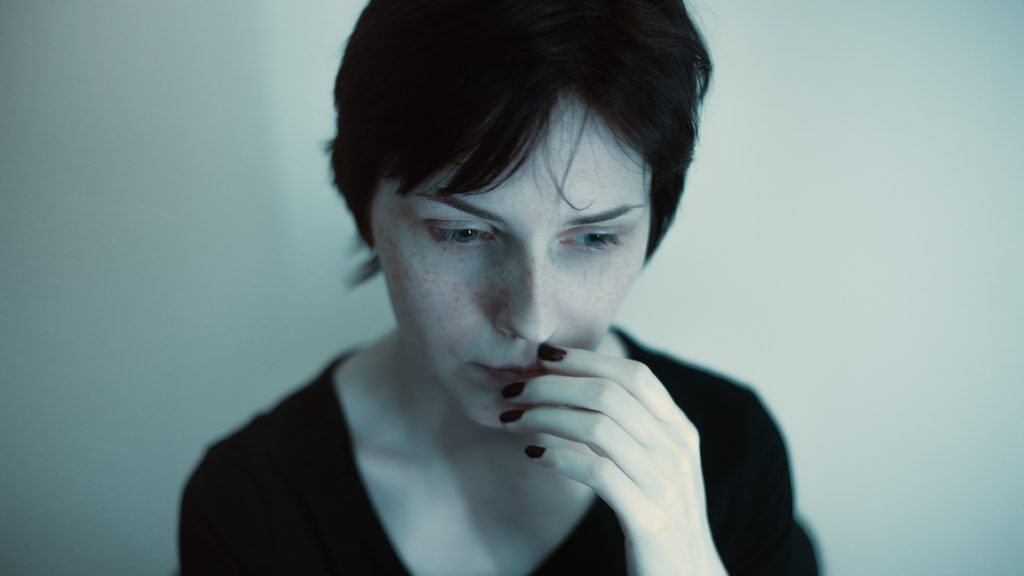
Experiencing Panic Attacks
What is a panic attack?
A panic attack is a sudden rush of intense fear and anxiety together with a surge of frightening thoughts and physical sensations. Panic attacks may be very scary while they last even they are usually brief. They can often seem to come “out of the blue”, which makes them even scarier. Panic attacks are usually out of proportion to any actual danger the person may be facing at the time, while panic sensations are a natural response to danger.
What is panic disorder?
Many people will experience one or two panic attacks at any point in their lives, but for some people, panic attacks continue. When this happens, they may worry about the attacks and may start to change their lives because they are scared of the next possible attack. In this case, the person is said to have panic disorder.
What causes panic attacks and panic disorder?
The first panic attack often begins during a time of stress or as a reaction to a traumatic experience, even it is not always clear what causes it for the first time. Vulnerability to panic attacks may run in some people or some families may have personalities that are more emotional and sensitive than others. People with panic disorder start to pay more attention to their physical symptoms, following the first attack.
What to do about panic attacks?
A positive first step is to see your doctor to rule out any physical health problems. Many panic symptoms might be similar to some medical conditions and can be frightening. If a recent visit to the doctor confirms that there are no physical problems, you need to remind yourself of this when you next have a panic attack.

What to do during the panic attack?
- Try not to fight what you are feeling
It is important to remind yourself that you are experiencing intense fear or anxiety that is most likely not connected to any actual danger. Often fighting the feelings, pushing them away or trying to distract yourself can actually give it more power and increase your fear of panic. It is important to remind yourself that panic is never permanent and most panic attacks will pass in a few minutes.
- Give yourself time
Don’t try to distract yourself or pretend you are not feeling anxiety because this will often make the anxiety worse. Some people find it helpful to think of panic as similar to “surfing a wave” – it builds up, peaks, and then washes up on the beach. When you are ready, simply go back to what you were doing.
- Relax
Relaxation techniques such as meditation and breathing control can be practiced to help you relax. An example of breathing control is slow breathing;
- Breathe in slowly, counting silently to yourself: 1…2…3…4…5…
- Hold your breath for a moment
- Breathe out slowly, counting silently to yourself: 1…2…3…4…5…
This is very effective when used at the first signs of a panic attack. It needs to be continued for around four minutes to allow the balance of carbon dioxide and oxygen to return to normal.
